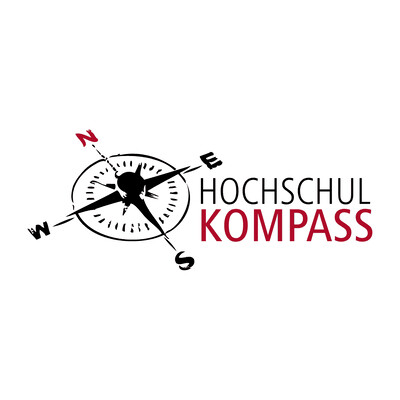Business Informaticspart time degree programmes for professionals, with integrated professional experience, dual system, part time
Master of Science
Master
Degree4 semesters
Standard period of study (amount)
Stuttgart, Heidenheim, Lörrach, Karlsruhe, Mannheim, Mosbach, Ravensburg, Villingen-Schwenningen, Heilbronn, Friedrichshafen, Bad Mergentheim, Horb
Location
January 2025 (Germans and inhabitants)
January 2025 (EU), October 2025 (Non-EU)
Overview and admission
Study Type
graduate
Admission semester
Summer and Winter Semester
Area of study
Information Systems and Management
Target group
Bachelor's degree graduates with at least one year of professional experience (otherwise, our continuing education offer is open to you to enable seamless transition from your Bachelor's to your Master's degree course.)
Annotation
The Master´s degree programme in Business Informatics prepares you for a specialist and management position in the area of operational IT. Special emphasis is placed on the use of IT solutions from an economic point of view. If you have a first certificate of academic degree (usually Bachelor) in Business Informatics, Computer Science or Business Administration, you can qualify yourself further with the Master. As a business informatics specialist, you represent the interface between application-oriented specialist departments, management, IT and the data centre. You will advise management and specialist departments on the planning and implementation of IT projects. You will keep track of the different requirements and find the best solution in coordination with the stakeholders involved. In doing so, you will take into account technical and economic requirements. There are nine elective modules in the Master’s in Business Informatics. You select them based on your professional requirements and interests from over 90 modules. After completing your Master’s, you will be qualified for responsible tasks in project management or as a specialist and manager.
Admission requirements
The DHBW CAS Master’s degree programme is a continuing education and career-integrated programme. The following admission requirements must be met to commence studies: - You have successfully completed a Bachelor's degree (or comparable), regardless of which university, university of applied sciences or cooperative university it is from. - After completing your bachelor's degree, you have worked and gained experience of at least one year in a job suitable for your desired degree programme. You have completed your Bachelor's degree and do not want to waste any time or you don’t yet have a full year of professional experience? Then take advantage of continuing education programme and, if necessary, have your modules credited to a Master's degree course later on. - At work you can implement the knowledge acquired in the Master’s programme. - Your employer is informed about your application for the Master's programme. - The content of the degree course matches the work you do.
Lecture period
- 01.10.2022 - 31.03.2023
- 01.04.2023 - 30.09.2023
Application deadlines
Summer semester (2023)
Deadlines for international students from countries that are not members of the European Union
01.09.2024 - 15.10.2025
Application deadline for Germans and inhabitants
01.09.2024 - 15.01.2025
Deadlines for International Students from the European Union
01.09.2024 - 15.01.2025
Enrollment deadline for Germans and foreign students
01.09.2024 - 15.01.2025
Winter semester (2022/2023)
Deadlines for international students from countries that are not members of the European Union
01.02.2025 - 30.06.2025
Application deadline for Germans and inhabitants
01.02.2025 - 30.06.2025
Deadlines for International Students from the European Union
01.02.2025 - 30.06.2025
Enrollment deadline for Germans and foreign students
01.02.2025 - 30.06.2025
Tuition fee
The Dual Master's is funded entirely from tuition fees. The fees include lecture notes, exam fees, student services and administrative fees. A one-time registration fee of EUR 300 will be charged at the start of the course.
Languages of instruction
Main language
German
Further languages
English

